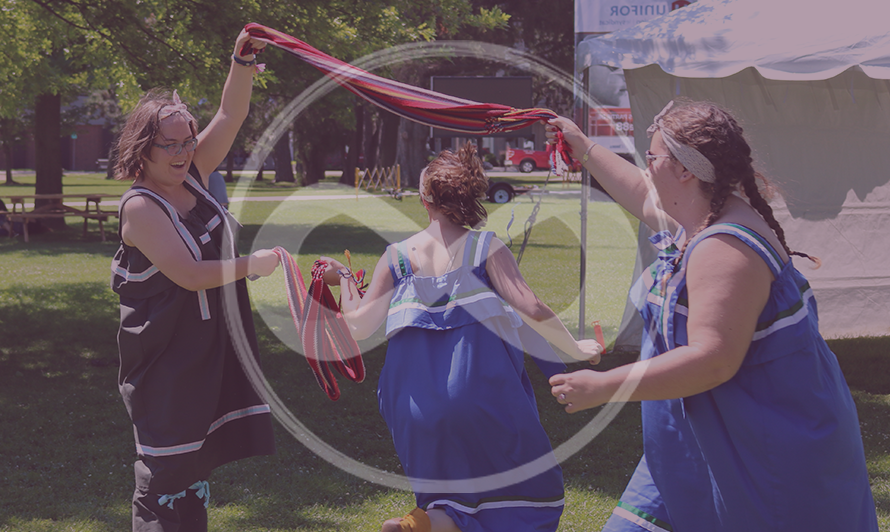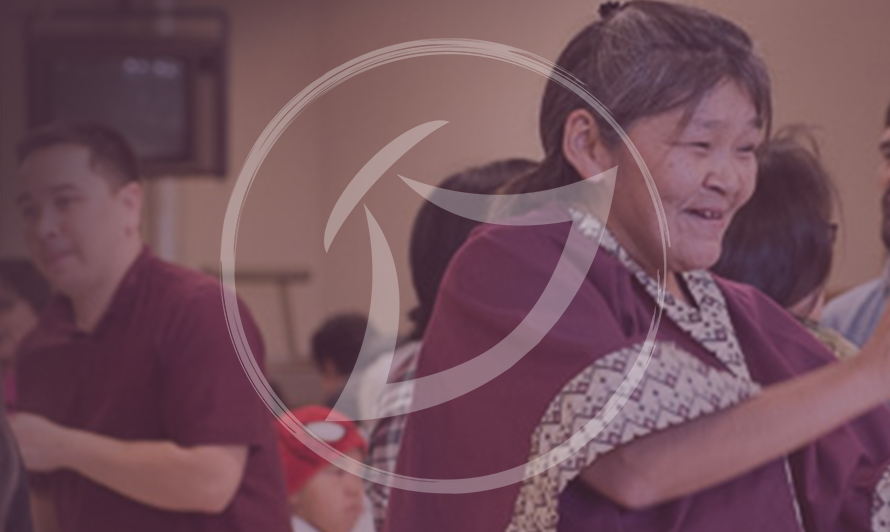Our Initiatives
We have been working alongside over 200 First Nations, Inuit, Métis and urban Indigenous communities and organizations to raise awareness of the dangers of smoking and second-hand smoke, reduce high smoking rates and provide commercial tobacco prevention, cessation and protection support. Through programs, initiatives and smoke-free by-laws, these communities and organizations are embracing and encouraging a future that is Tobacco-Wise.
Workshops
Our workshops help First Nations, Inuit, Métis and urban Indigenous communities to create supportive environments for tobacco prevention, cessation and protection. Through culturally appropriate training we engage and empower adults and youth in communities across Ontario.
Delivered by our Tobacco-Wise leads, these workshops address a wide range of topics including:
- Smoking Cessation: Counselling Techniques and Treatment
- Prevention: Be Tobacco-Wise, the Risks of Commercial Tobacco
- The Dangers of Second-Hand and Third-Hand Smoke
- Living a Good Life, Benefits of Quitting Commercial Tobacco
In 2016 alone, we held over 100 workshops and took part in radio and video presentations reaching around 6,000 individuals.
We also provided educational resources to aid the quitting process and inform people about accessing Nicotine Replacement Therapies and non-nicotine replacement products.
Ultimate Frisbee

The Anishinabek News has highlighted some of the collaborative work that we, along with communities and partners, are doing to bring healthy activities and lifestyles to schools and children across Ontario.
We have partnered with ReachUp Ultimate, a registered non-profit organization engaging Indigenous children and youth in active, healthy living through the sport of Ultimate Frisbee, to bring healthy activity and age-appropriate smoking cessation and prevention programming to First Nations, Inuit, Métis and urban Indigenous youth. Together we have organized 34 Ultimate Frisbee events since 2014, engaging over 2,400 youth. Based on a set of principles called Spirit of the Game, Ultimate Frisbee reinforces the Seven Sacred Teachings of love, respect, courage, honesty, wisdom, humility and truth.
Little NHL
The Little NHL Campaign is a youth driven initiative focused on raising awareness about tobacco misuse. At a knowledge exchange forum we hosted in April 2008, a group of youth participants crafted an action plan prioritizing raising awareness about commercial tobacco at the annual Little Native Hockey League tournament.
We implemented this plan in 2009 by partnering with community groups and organizations to develop the Tobacco-Wise Little NHL Campaign. The campaign had two objectives: raising awareness of commercial tobacco among the participants of the Little NHL and developing and introducing a Tobacco-Wise policy to the Little NHL tournament.
The program delivered a message of awareness and smoking cessation, protection and prevention to First Nations youth from across the province. Support was based on signatures from community members and youth as well as positive survey responses. Seventy-five percent of respondents supported a Tobacco-Wise Little NHL, and as a result they made it a success.
Frontline Training in Smoking Cessation
We have partnered with The Centre for Addiction and Mental Health’s Training Enhancement in Applied Cessation Counseling and Health (TEACH) Project to create an online training module. The module addresses the gaps in smoking cessation support, training and resources available to healthcare professionals working with First Nations, Inuit, Métis and urban Indigenous peoples.
Healthcare professionals who take the course learn how to provide a holistic, client-centred, biopsychosocial approach to screen, engage and treat commercial tobacco use among First Nations, Inuit and Métis peoples.
The module is accredited, promotes health equity, and helps build capacity for First Nations, Inuit and Métis healthcare providers across the province and beyond. It is part of an important focus on strengthening primary healthcare and ensuring access to health resources that may not always be accessible due to the remoteness of some communities.



